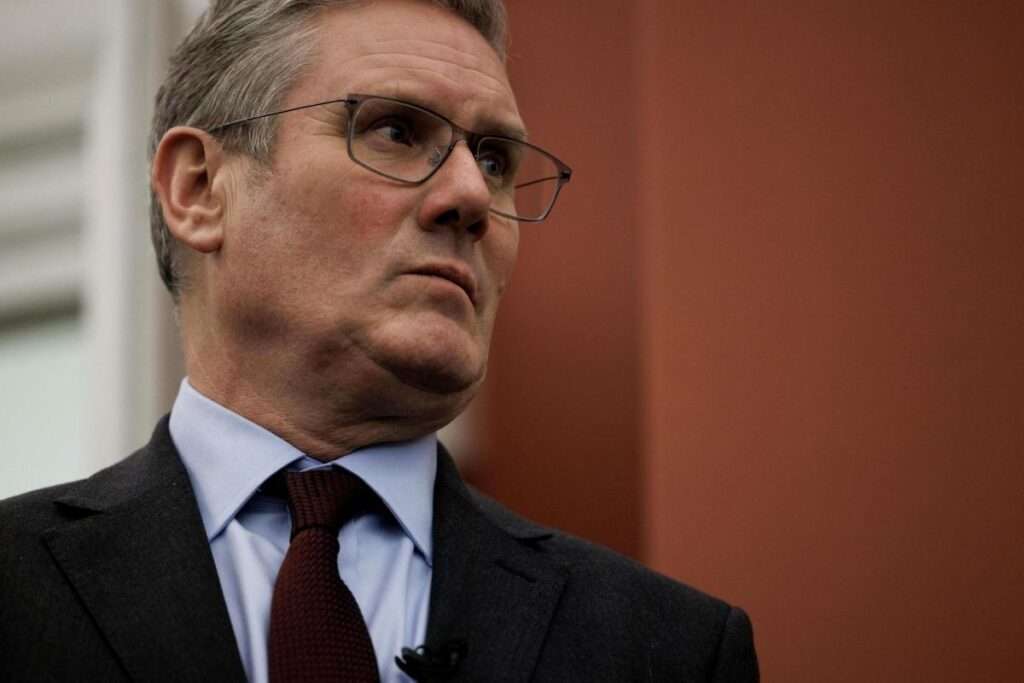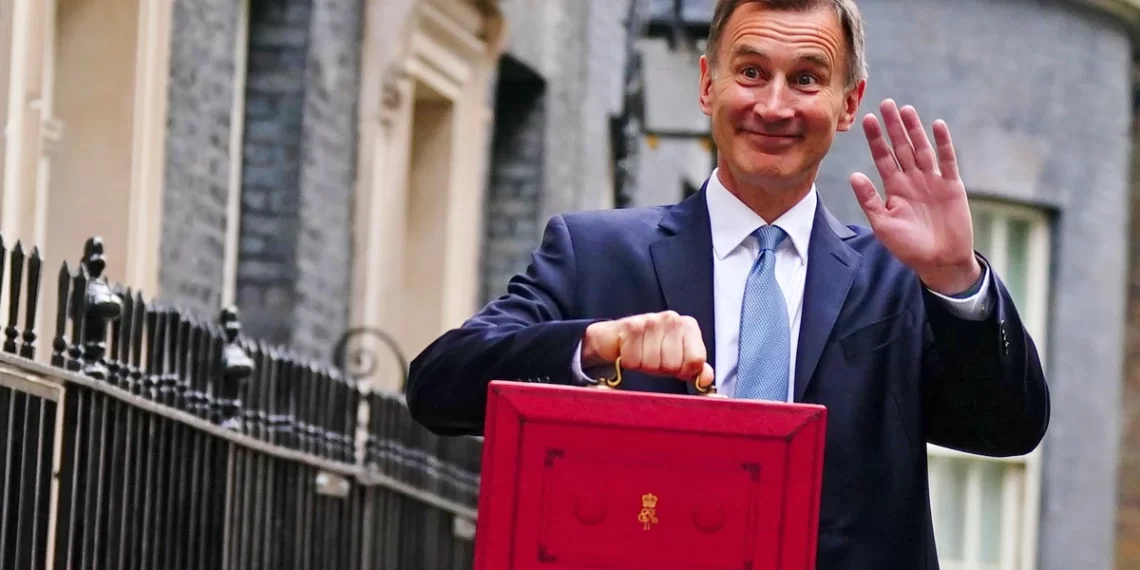Jeremy Hunt unveiled a significant move in his 2024 budget: a 2-percentage-point (2p) cut in national insurance.
This announcement is strategically timed ahead of the upcoming election, aiming to boost the government’s popularity and kickstart the UK economy out of its current recession.
Hunt emphasized that the government’s economic priorities are progressing positively, allowing for the reduction of certain taxes to support struggling families permanently.
Despite this tax cut, national tax revenue is still projected to make up 37.1% of the national income, the highest since 1948 according to official forecasts.
This 2-percentage-point reduction in national insurance applies to approximately 27 million workers, following a similar cut announced in the autumn statement. On average, this means a yearly saving of around £900 for the typical worker.
Previously set at 12%, earners will now contribute 10% of their taxable salary towards national insurance.
Hunt told MPs “We will continue to cut national insurance contributions as we have done today so we truly make work pay.”
He added, “We stick to our plan with a budget for long-term growth: it delivers more investment, more jobs, better public services, and lower taxes.”
However, the Labour Party accused the Conservatives of their economic mismanagement during their 14-year tenure. Keir Starmer, the Labour leader, described the budget as a final act of desperation from a party that had failed to deliver.
He added, “An economy smaller than when the prime minister entered Downing Street – the textbook definition of decline – that is their record. I mean, after 14 years, who do they actually think feels better off?”
The Chancellor introduced several measures to raise revenue for his plans, including scrapping current tax breaks for “non-doms,” which is expected to generate £2.7 billion annually. Additionally, there would be other increases, such as prolonging a windfall tax on oil and gas companies.
However, the decision to extend the windfall tax on oil and gas companies stirred controversy within the Conservative Party. Douglas Ross, the leader of the Tories in Scotland, reportedly had a heated disagreement with Chancellor Hunt and Rishi Sunak over this policy earlier in the week.
Political Rifts and Economic Revisions in Budget 2024
Shortly after the Chancellor’s speech, Andrew Bowie, an energy minister and Scottish MP, expressed his disappointment on Twitter, echoing Douglas Ross’s sentiments. He stated, “I agree with Douglas… the extension of the EPL [windfall tax] is deeply disappointing. I will be working with him to resolve this.”
The budget also included benefits for the wealthiest individuals, as the higher rate of capital gains tax on property sales was reduced by four percentage points, dropping from 28% to 24%. Additionally, to appeal to middle-income families, the Chancellor announced intentions to raise the threshold at which parents begin paying a high-income child benefit charge, increasing it from £50,000 to £60,000.
In a significant political maneuver, the Chancellor adopted Labour’s key policy regarding “non-doms,” suggesting that the opposition would have utilized these measures to fund their spending initiatives. Hunt stated, “We use that revenue to help cut taxes on working families.”
Labour had previously planned to use the funds generated from ending the non-dom regime to finance various spending measures, including expanding access to General practitioners (GP) and dentist appointments.

Starmer indicated support for the national insurance cut, leaving open the possibility of either raising other taxes to cover their spending plans or abandoning them altogether.
In a commitment to pave the way for economic growth, the Chancellor revealed updated forecasts from the Office for Budget Responsibility (OBR), revising the UK’s growth outlook upward due to a quicker-than-anticipated decline in inflation.
Economists suggested that a significant portion of this growth will be driven by increased immigration, as the OBR adjusted its medium-term forecast for net migration by 70,000, reaching a total of 315,000.
Amidst a recession in the UK economy, the OBR projected a growth rate of 0.8% for the current year, with an anticipated increase to 1.9% by 2025.
To expedite the implementation of the national insurance cut, the government plans to introduce legislation as early as next week, aiming for the benefits to be felt by voters before the upcoming election.
READ ALSO: UK’s May Elections Ruled Out























